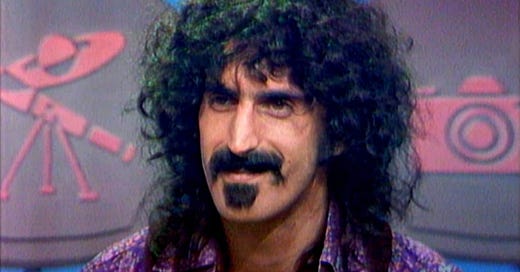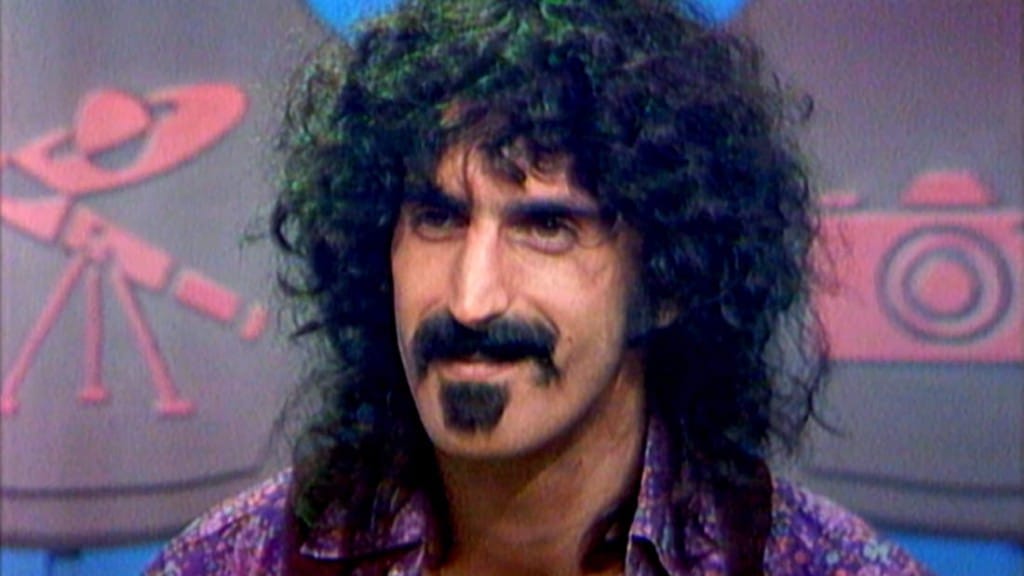Once again, Sundance programmers presented a diverse line up of films for their 2016 slate, from straight-up biopics to experimental hybrids that chafe at the very concept of nonfiction filmmaking. There were fiction films with documentary elements like Dark Night, which incorporates POV interviews to provide a sense of reality, while All These Sleeples…
Keep reading with a 7-day free trial
Subscribe to Nonfics to keep reading this post and get 7 days of free access to the full post archives.



